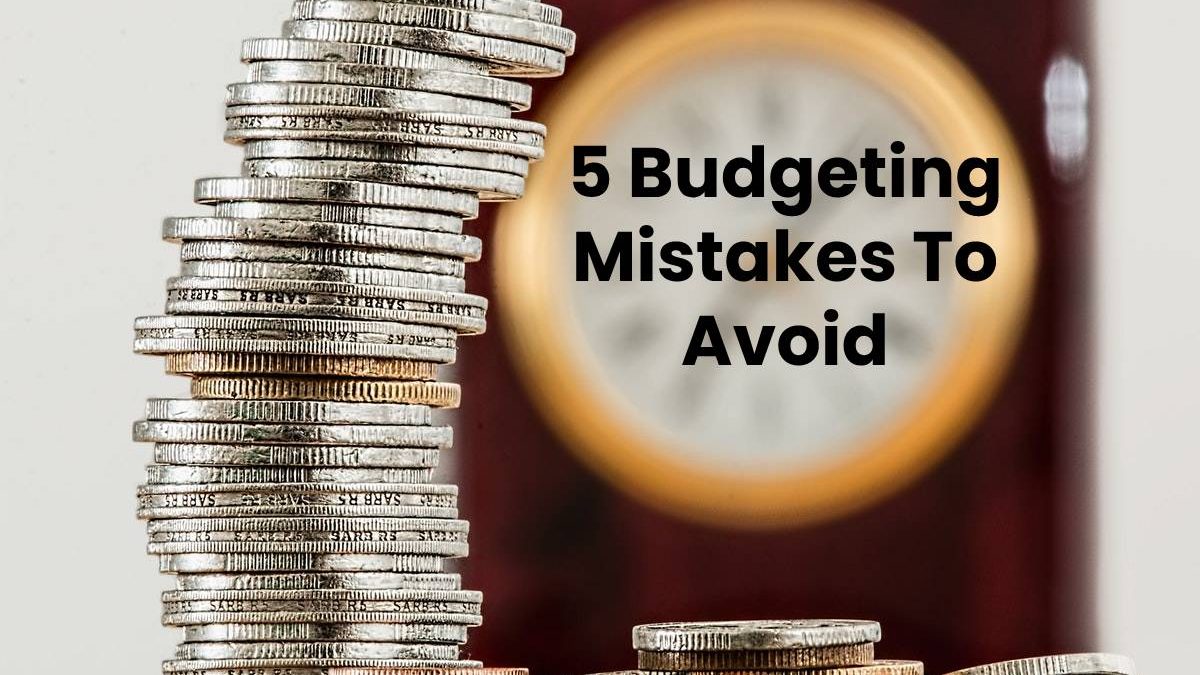Budgeting Mistakes To Avoid
Budgeting is the single greatest tool you could have to reach your goals and stay in control of your finances at last. Even if you already know the importance of having a budget, you’ve had one for a while and you’re loving what it is doing for your finances, you could still be making some mistakes that are throwing off your entire spending plan. So, here are some of those common mistakes and how to switch up the game:
- Calculating based on your Gross Income – For any budget to work, your starting point needs to be your after-tax income. And if you want to know what that is, using a tax calculator such as https://taxfyle.com/income-tax-return-calculator/ makes the job easier. It will not work if you take your annual salary and then attempt to divide that by 12 and use this figure as a starting point for your budget. Doing this way means you’re overstating your income and on paper. So remember when you’re reviewing your budget, insert the after taxes and after payroll deductions. That is the figure that you want to work with.
- Presuming Monthly Expenses – Figuring out your actual income is one part of creating a budget that works. The second part is having an accurate portrayal of your expenses, and this is where a lot of people tend to go wrong too when they guess their monthly expenses. Guessing can lead to overstating or understating your expenses, and if you don’t have a clear picture of how much money is leaving your account each month, your budget is going to start off on the wrong foot.
- Spending Too Much In One Category – Another reason why it is important to regularly review your budget is to observe if you’re spending too much money in one particular category. Using the 50/30/20 method works because it gives you a specific guideline to breakdown how your income should be divided and if you keep your needs, wants, and spending within these percentages.
- Not Adding Irregular Expenses – Reviewing your budget is a necessity to avoid the mistake of forgetting to include your irregular expenses. For the expenses that might come up only quarterly or annually, instead of using your emergency fund, one thing you could do is to gradually save for these expenses throughout the year and put that money in a separate savings account. That way, when it comes time to pay it, you’re not caught off-guard.
- Stopping your Budgeting Habit – Regardless of your income level, even if you’re a millionaire or billionaire, there is always a risk of overspending. Giving up or halting your budget after a while will be one of the biggest mistakes you could make. Your budget is your game plan for your money and a way to ensure that you always have enough for the things that you need. You should always have a budget with you even when you’re well into your retirement years.

